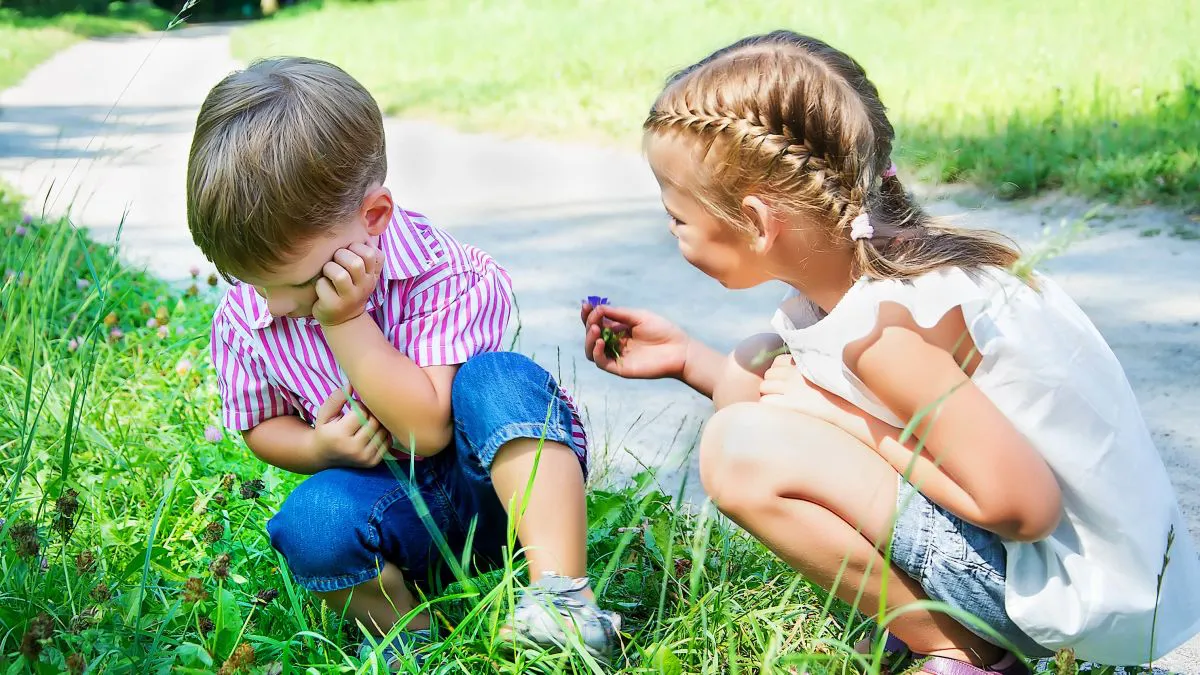Empathy in Children
The most important feature that makes a person human is his emotions. As the famous therapist Ginott said, 'fish swim, birds fly and people feel... As a social being, humans want to be accepted in social life. For this reason, being able to act empathetically is of great importance. Empathy is the process of a person putting himself in the other person's shoes, looking at events from his perspective, and accurately understanding his feelings and thoughts. The preschool period between the ages of 3 and 6 is very important for the child to acquire this awareness. Children first learn to empathize from their parents and caregivers after birth, and then they are supported by the social environment and school. In order to raise empathetic children, it is necessary to first pay attention to children's feelings. Children whose own feelings are taken seriously and who learn to make sense of their feelings can be more sensitive to the people around them.
In order to develop empathy in preschool children;
- Respect their boundaries. Don't be pushy. Give him a chance to understand.
- Listen to their feelings and name them.
- Talk about their feelings.
- Be a role model for him/her by expressing your feelings.
- Encourage.
Our book recommendations on the subject.
Susan VERDE:
- I'm human
Diane ALBER:
- Little Emotional Spot
- Little Anxious Spot
- Little Happy Spot
- Little Unhappy Spot
- Little Tranquil Spot
- Little Angry Dot



